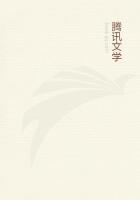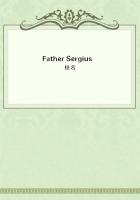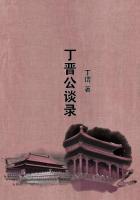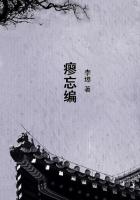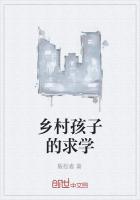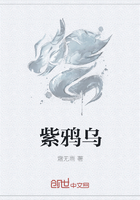Lord John's position grew more and more irksome. He did not approve of his colleague's treatment of the Queen. When he begged him to be more careful, he was met with the reply that 28,000 despatches passed through the Foreign Office in a single year, that, if every one of these were to be subjected to the royal criticism, the delay would be most serious, that, as it was, the waste of time and the worry involved in submitting drafts to the meticulous examination of Prince Albert was almost too much for an overworked Minister, and that, as a matter of fact, the postponement of important decisions owing to this cause had already produced very unpleasant diplomatic consequences.
These excuses would have impressed Lord John more favourably if he had not himself had to suffer from a similar neglect. As often as not Palmerston failed to communicate even to him the most important despatches. The Foreign Secretary was becoming an almost independent power, acting on his own initiative, and swaying the policy of England on his own responsibility. On one occasion, in 1847, he had actually been upon the point of threatening to break off diplomatic relations with France without consulting either the Cabinet or the Prime Minister. And such incidents were constantly recurring.
When this became known to the Prince, he saw that his opportunity had come. If he could only drive in to the utmost the wedge between the two statesmen, if he could only secure the alliance of Lord John, then the suppression or the removal of Lord Palmerston would be almost certain to follow. He set about the business with all the pertinacity of his nature. Both he and the Queen put every kind of pressure upon the Prime Minister. They wrote, they harangued, they relapsed into awful silence. It occurred to them that Lord Clarendon, an important member of the Cabinet, would be a useful channel for their griefs.
They commanded him to dine at the Palace, and, directly the meal was over, "the Queen," as he described it afterwards, "exploded, and went with the utmost vehemence and bitterness into the whole of Palmerston's conduct, all the effects produced all over the world, and all her own feelings and sentiments about it." When she had finished, the Prince took up the tale, with less excitement, but with equal force. Lord Clarendon found himself in an awkward situation; he disliked Palmerston's policy, but he was his colleague, and he disapproved of the attitude of his royal hosts. In his opinion, they were "wrong in wishing that courtiers rather than Ministers should conduct the affairs of the country," and he thought that they "laboured under the curious mistake that the Foreign Office was their peculiar department, and that they had the right to control, if not to direct, the foreign policy of England."
He, therefore, with extreme politeness, gave it to be understood that he would not commit himself in any way. But Lord John, in reality, needed no pressure.
Attacked by his Sovereign, ignored by his Foreign Secretary, he led a miserable life. With the advent of the dreadful Schleswig-Holstein question--the most complex in the whole diplomatic history of Europe--his position, crushed between the upper and the nether mill-stones, grew positively unbearable. He became anxious above all things to get Palmerston out of the Foreign Office. But then--supposing Palmerston refused to go?
In a memorandum made by the Prince, at about this time, of an interview between himself, the Queen, and the Prime Minister, we catch a curious glimpse of the states of mind of those three high personages--the anxiety and irritation of Lord John, the vehement acrimony of Victoria, and the reasonable animosity of Albert--drawn together, as it were, under the shadow of an unseen Presence, the cause of that celestial anger--the gay, portentous Palmerston.
At one point in the conversation Lord John observed that he believed the Foreign Secretary would consent to a change of offices; Lord Palmerston, he said, realised that he had lost the Queen's confidence--though only on public, and not on personal, grounds. But on that, the Prince noted, "the Queen interrupted Lord John by remarking that she distrusted him on PERSONAL grounds also, but I remarked that Lord Palmerston had so far at least seen rightly; that he had become disagreeable to the Queen, not on account of his person, but of his political doings--to which the Queen assented." Then the Prince suggested that there was a danger of the Cabinet breaking up, and of Lord Palmerston returning to office as Prime Minister. But on that point Lord John was reassuring: he "thought Lord Palmerston too old to do much in the future (having passed his sixty-fifth year)." Eventually it was decided that nothing could be done for the present, but that the UTMOST SECRECY must be observed; and so the conclave ended.
At last, in 1850, deliverance seemed to be at hand. There were signs that the public were growing weary of the alarums and excursions of Palmerston's diplomacy; and when his support of Don Pacifico, a British subject, in a quarrel with the Greek Government, seemed to be upon the point of involving the country in a war not only with Greece but also with France, and possibly with Russia into the bargain, a heavy cloud of distrust and displeasure appeared to be gathering and about to burst over his head. A motion directed against him in the House of Lords was passed by a substantial majority. The question was next to be discussed in the House of Commons, where another adverse vote was not improbable, and would seal the doom of the Minister.


